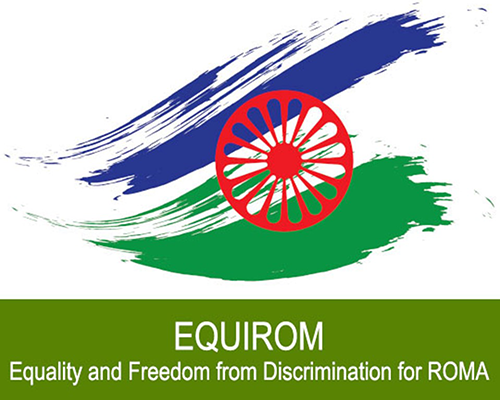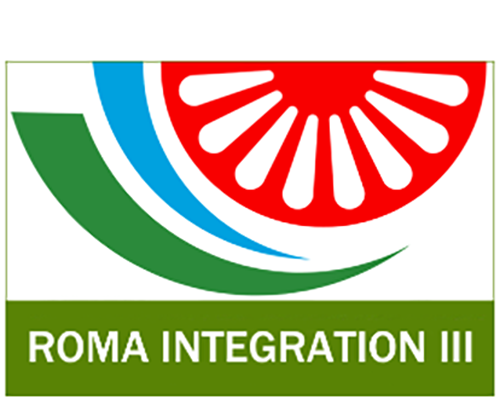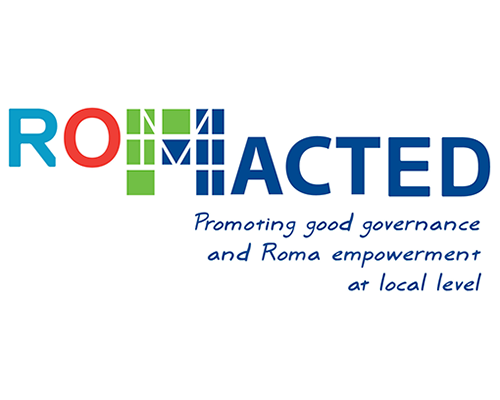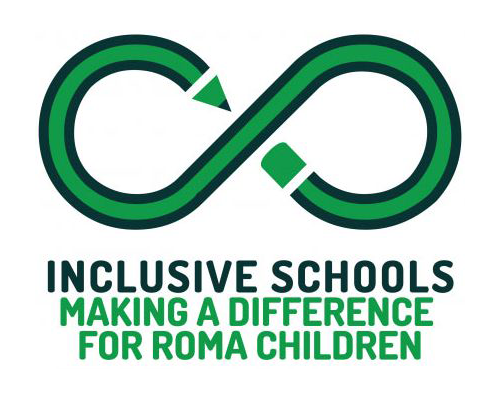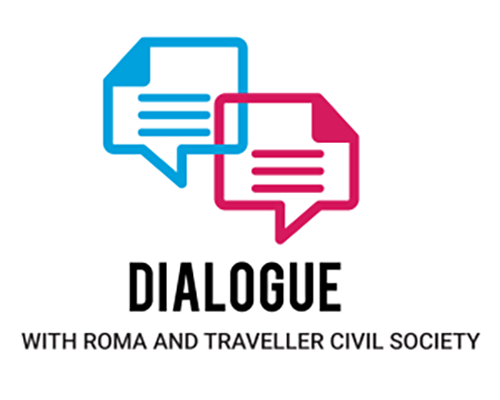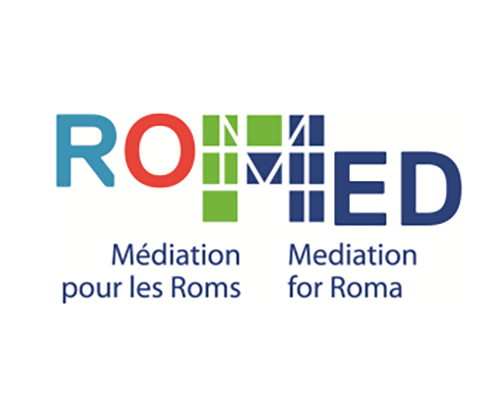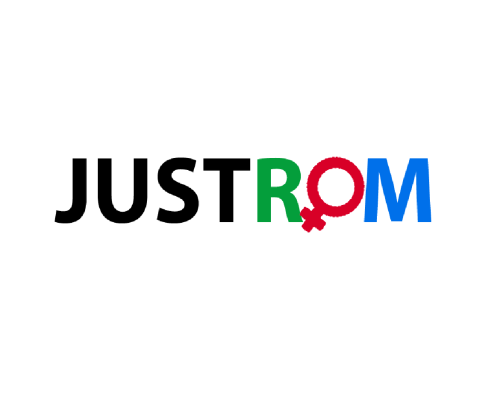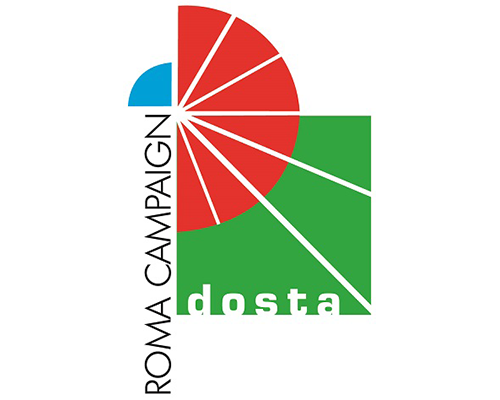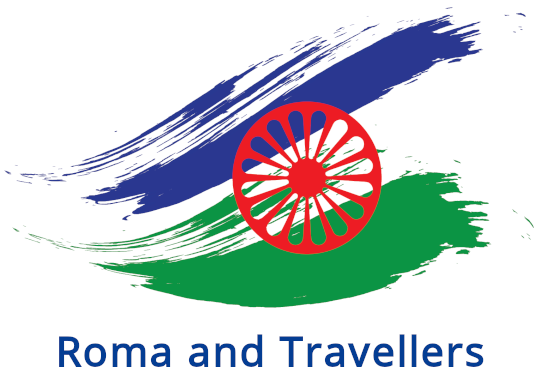Roma and Travellers: Activities
Ongoing projects / programmes with European Union
The Joint EU/CoE Programme “Equality and Freedom from Discrimination for Roma” (EQUIROM) runs from December 2022 to - December 2024 in Bulgaria, Greece, and Romania, with additional activities to be conducted in Italy. The programme will contribute to the fight against and prevention of antigypsyism and discrimination by promoting equality for Roma people in the media, i.e. stopping stereotypes, providing positive narratives and improving public knowledge.
The Roma Integration III Project aims to strengthen the capacity of governments in the Western Balkans and Türkiye to effectively address the multifaceted challenges faced by the Roma communities. It is implemented in seven Beneficiaries: Albania, Bosnia and Herzegovina, Montenegro, North Macedonia, Serbia, Türkiye and Kosovo*, with the duration of 3 years (1 May 2023- 30 April 2026) and is co-financed by the European Union and Council of Europe and implemented by the Roma and Travellers Division and the Directorate of Programme Co-ordination of the Council of Europe.
The Programme is designed to build up political will and sustained policy engagement of local authorities, to enhance democratic local governance and to build up capacity and stimulate the empowerment of local Roma communities to contribute to the design, implementation and monitoring of plans and projects concerning them through the following outcomes:
- empowering Roma community - on the individual level (assisting people to practice their basic rights and to expand their capacity and skills), as well as on the community level (assisting people to get organised to voice out their interests around community problem solving;
- improving and expanding the institutions’ commitment, capacities, knowledge and skills in working for Roma inclusion, putting in practice the concepts of good governance;
- contributing to the preparation of the local development actions that aim to improve the quality of life for Roma and to reduce the gap between Roma and non-Roma, including in relation to mitigating the effects of the COVID-19 pandemic.
The Programme is implemented in 78 municipalities in the Western Balkans and Türkiye.
ROMACT is a joint initiative of the Council of Europe and the European Commission that promotes the inclusion of Roma at local and regional level. This initiative will help building the capacity of local and regional authorities (targeting both elected officials and senior civil servants, but also in the mid-/long-term the Roma population and the population of pilot municipalities at large) to develop and implement strategies and policies for Roma inclusion.
The European Union and Council of Europe Joint Project “Inclusive Schools: Making a Difference for Roma Children” (INSCHOOL), is currently implemented in the Czech Republic, Portugal, Romania and the Slovak Republic. The Project aims to enhance the social inclusion of Roma by promoting inclusive education policies and practices through, among others, technical assistance and capacity building activities. The Project was initiated in May 2017.
Other ongoing Council of Europe activities on Roma and Travellers issues
The Council of Europe Dialogue with Roma and Traveller Organisations was established by a decision of the Committee of Ministers of 3 June 2015. The Dialogue serves as a forum for Roma and Traveller civil society, the Council of Europe and other stakeholders to improve their knowledge by exchanging experiences and sharing examples of good practices, and to plan future co-operation activities at national and local level.
Completed projects / programmes / campaigns
Innovative solutions for the issues related to the inclusion of Roma at local level have been developed and promoted through the EU/CoE joint programme ROMED that promoted the active participation of citizens of Roma origin in local decision-making processes.
JUSTROM3, “Roma Women’s Access to Justice”, is a Joint Programme between the European Union and the Council of Europe. The activities organised under JUSTROM3 programme are concentrated around the following three pillars: Empowerment of Roma women, Enhancement of professional resources and Increased synergies and partnerships of local, national and international stakeholders.
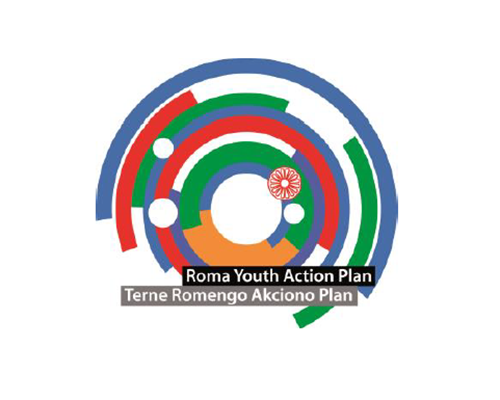
Roma youth action plan
The Roma Youth Action Plan is a response of the Council of Europe to challenges faced by Roma young people in Europe, particularly in relation to their empowerment, participation in policy decision-making processes and structures at European level, and multiple realities of discrimination.
Dosta means "enough" in a variant of the Romani language spoken in the Balkans. It is also the title of an awareness-raising campaign of the Council of Europe which aimed to bring non-Roma closer to Roma citizens by breaking down the barriers of deep-rooted prejudices and stereotypes. The Dosta! campaign was launched in 2006 in the Western Balkans as part of a joint programme with the European Commission. In 2008, this campaign was open to all Council of Europe member states as of 2008.
“4Children-by-Children” is a child centred approach to the DOSTA! campaign encountering prejudice and challenging stereotypes on Roma through the eyes and interventions of children. One of the most powerful influences on the development of children’s attitudes, are children themselves. Interventions to reverse prejudice and stereotyping needs to be based on an understanding of how, why, and under what conditions, children make decisions to exclude others.



